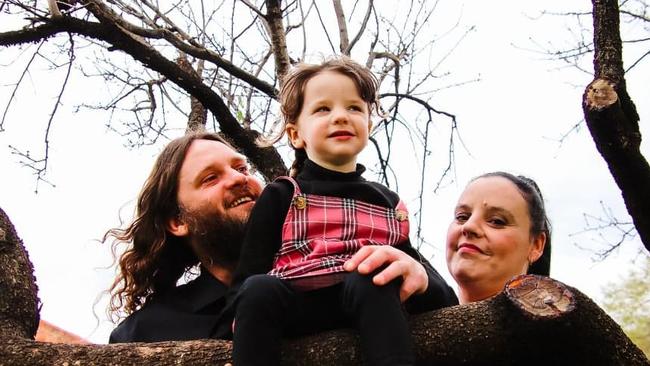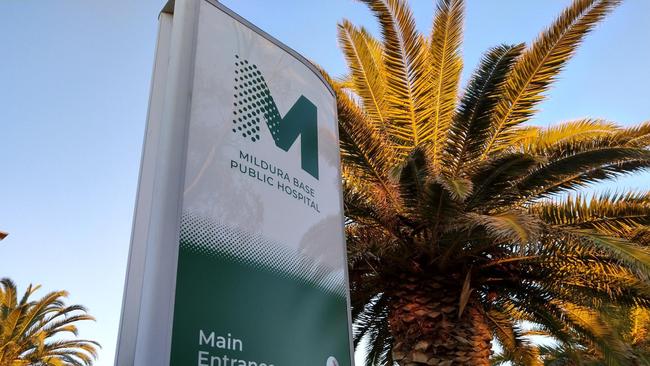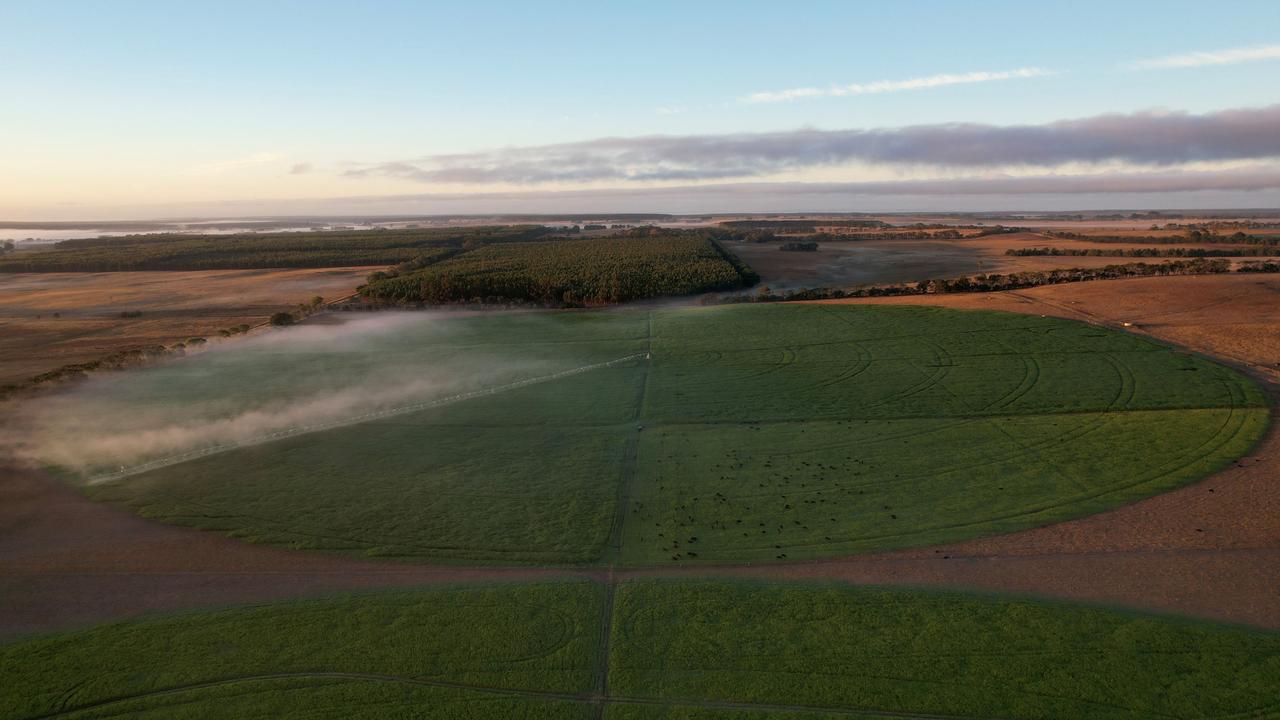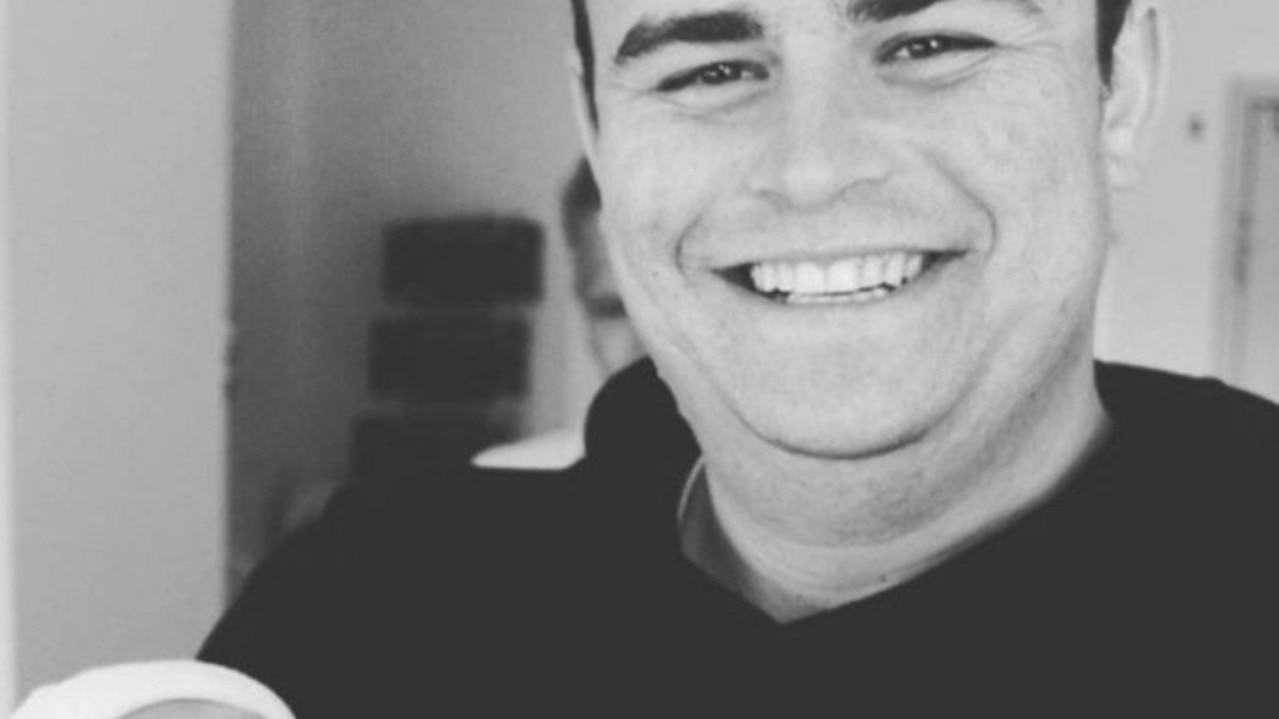Why the health crisis in Mildura is a national issue
15,200 people left without a doctor in a regional town are the “canary in the coal mine” for a national health crisis, experts say.

In the northwest Victorian town of Mildura, 15,200 patients have been left without a GP in what health experts say is a crisis in primary healthcare.
But it is an issue many regional towns across Australia are facing, with the Rural Doctors Association labelling Mildura is the “canary in the coal mine” for a health crisis that is affecting the whole country.
And it will only get worse if the government doesn’t take urgent action, according to the Association.
For Mildura retail worker Andrew Purnell, the crisis the town is facing is deeply personal.
His four-year-old daughter, who has a chronic heart condition, and his entire family of seven, has been unable to access their medical records or find a new doctor after one of the largest clinics in the regional town closed this month.

TriStar’s Mildura medical clinic, where Mr Purnell’s family of seven saw a GP, closed suddenly on August 19.
The GP chain, which ran 29 GP clinics in Victoria, NSW, South Australia and the Northern Territory, was placed under voluntary administration in May owing a total of more than $31 million, including $23 million to unsecured creditors and $700,000 in employee entitlements.
TriStar focused on bulk-billing, which the Rural Doctors Association labelled “not sustainable” under current funding models. To subsidise the lower income it received from bulk billed patients, the company relied on lower-paid overseas-trained doctors, and fast, 10-minute turnaround times for patients.
The closure of 10 of the chain’s clinics was announced on August 10. Two additional clinics – Mildura and Coffs Harbour – closed suddenly after their sale to GP chain Family Doctor Group fell through.
Murray Public Health Network chief executive Matt Jones said the Medicare rebate freeze that had been in place since 2013, combined with the impact of inflation and Covid-19, had caused the collapse of the chain.
“This was the crisis that we knew was coming, and it’s come stampeding towards us,” he said.
In Mildura, 15,200 patients – about one fifth of the region’s population – have been left without a GP, but across the country the problem was far bigger, he said.
“This is one of the first instances where a whole practice has just closed as a consequence of this crisis,” Mr Jones said.
“This is a crisis in primary care across Australia, but it’s felt first in regional Australia. And it’s, and it’s now felt specifically in Mildura.”
Murray PHN has called for urgent government support to establish a pop-up clinic and fly-in, fly-out GPs to make sure people in Mildura have access to primary care, and a shift in federal government policy to boost doctor numbers across regional Australia.
Mildura Base Public Hospital joined the call, saying it was now bracing for an increase in demand as a result of patients being unable to access a GP.
“These people, they will have nowhere else to go but the emergency department,” MBPH chief executive Terry Welch said.
“Our emergency department has limited space. We are overwhelmed with people. And the system can’t absorb too much more.

“Everybody understands emergency departments treat emergencies first, so this is going to mean long delays, this is going to mean people getting frustrated, it’s going to mean people opting out of health care. And that is a grave concern,” Mr Welch said.
Mr Purnell, who was given no notice of the TriStar clinic closure, said he had been left searching for a doctor in a town where appointments take months to secure.
“We’re looking for another bulk billing service, but they’re very scarce. The only option we only have really is Instant Consult (a telehealth service),” he said.
Appointments for new patients at local clinic Lime Street Medical now take eight weeks to secure, while two other local GP practices were not taking new patients when phoned by The Weekly Times this week.
Health Minister Mark Butler was contacted for comment.
Earlier this month, Mr Butler said the Albanese government was “committed to investing in general practice and strengthening Medicare with almost $1 billion of investment”.
“After nine long years of cuts and neglect of Medicare it’s never been harder or more expensive to see a doctor than it is now,” he said.
“The former government froze the Medicare rebate for six years, ripping billions of dollars out of primary care and causing gap fees to skyrocket.”
“Our Strengthening Medicare Taskforce will identify the best ways to boost affordability, improve access, and deliver better support for patients with ongoing and chronic illness, backed by the $750 million Strengthening Medicare Fund.”





